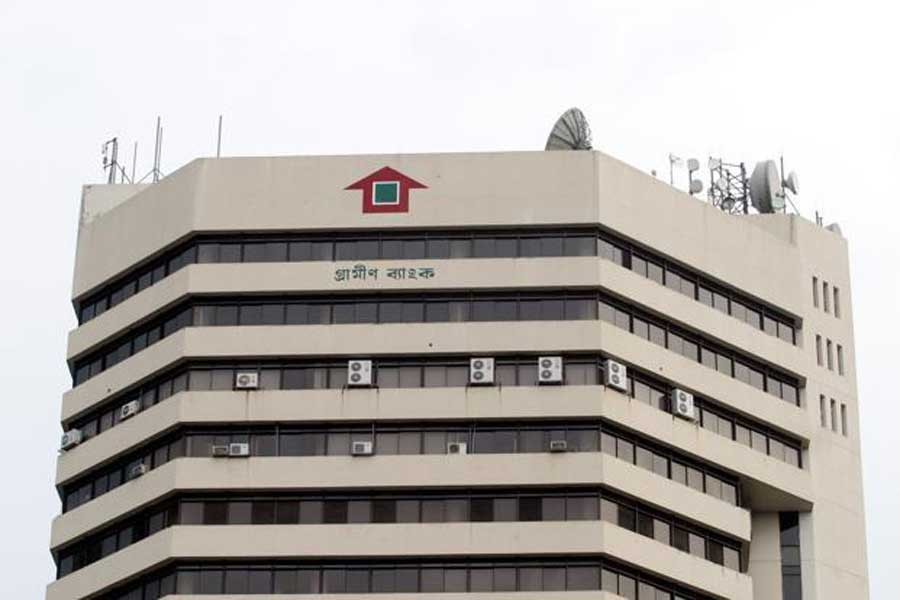

Grameen Bank, the Nobel prize-winning microfinance institution, is poised for a significant shift in its ownership and governance structure.
Under a new proposal, the government’s stake in the bank would shrink from 25 per cent to just 5.0 per cent, marking a decisive move to diminish state control over the organisation.
Should the plan go forward, oversight of the bank, currently influenced by the government, would be transferred to Bangladesh Bank, according to a bdnews24.com report.
The Financial Institutions Division of Bangladesh’s Ministry of Finance has drafted an ordinance to amend the Grameen Bank Act of 2013. The draft, which has been published on the website, signals sweeping reforms for the microfinance institution.
Chief Advisor Muhammad Yunus served as the bank’s managing director for 28 years since its establishment in 1983.
According to the 1983 Grameen Bank Ordinance, 25 per cent of Grameen Bank's ownership is now in the hands of the government, while the remaining 75 per cent belongs to borrowers.
The draft amendment to the law proposes transferring 95 per cent of the bank's shares to borrowers.
The bank’s paid-up capital is set at Tk 3.0 billion under the draft. Borrowers, who currently own 75 per cent of the bank, would gradually acquire 95 per cent ownership by increasing their capital contributions.
Dividends will be distributed proportionally based on the capital held by shareholders.
The draft also recommends reducing government-appointed directors on the 12-member board from three to one and abolishing the government’s authority to appoint the chairman.
Under the proposed reforms, the chairman of Grameen Bank would be chosen through a vote by the board members, a significant departure from the current appointment process.
In addition, 11 of the 12 board members would be elected directly by the bank’s customers, reinforcing the institution’s grassroots ethos.
The chairman’s powers, meanwhile, would be curtailed and redistributed to the board, which would also assume responsibility for appointing the managing director through a selection committee.
The draft law also stipulates a three-year term for board directors, with a maximum of two consecutive terms allowed.
The proposed amendments also set a maximum age of 65 for the managing director, with provisions allowing the board to make decisions if the position remains vacant for more than three months.
In cases where the chairman is unable to fulfil their duties, the board would be empowered to designate another director as acting chairman.
Another significant shift outlined in the draft is the requirement for Grameen Bank’s board to seek approval from Bangladesh Bank rather than the government for issues such as rulemaking under the ordinance.
Additionally, the reforms would grant the bank the authority to expand its operations beyond rural areas, enabling it to establish branches in urban centres across the country.
Currently, government approval is required to open a new branch of Grameen Bank. But under the proposed amendments, that authority would shift to Bangladesh Bank.
As Grameen Bank operates under a specific legislation, it remains accountable to the National Parliament, including an obligation to submit audited financial reports for parliamentary review and publish them in the form of a government gazette.
However, the draft amendments propose removing the requirement to publish the gazette.
The changes also address the bank’s potential dissolution. While the existing law mandates government approval for such a decision, the proposed reforms transfer that authority to Bangladesh Bank.
Other revisions include replacing the term "economic activities in rural areas" in clause 6 of Section 19 of the Act with "poverty alleviation".
Additionally, the draft proposes abolishing Sub-section 5 of Section 2, which defines rural areas, effectively expanding the scope of the bank’s operations.
The current law does not reference the origins of Yunus’s microfinance activities in Jobra village, which eventually led to the creation of Grameen Bank. The draft ordinance seeks to rectify this by including an official explanation.
According to the proposed addition, the Grameen Bank project originated with microfinance activities initiated in 1976 in Jobra village, located in Hathazari Upazila of Chattogram, under the Economics Department of Chittagong University.
The project was subsequently endorsed by Bangladesh Bank, with other financial institutions, including Bangladesh Krishi Bank, participating in its development.
Abdul Hannan Chowdhury, chairman of Grameen Bank, said that, “The new amendment will increase the control and rights of the poor people, including customers, in Grameen Bank.”
He emphasised that the number of board directors elected directly by customers would rise, ensuring greater representation.
“There will be representatives from the government, but the bank will not run depending on them,” he added.


 For all latest news, follow The Financial Express Google News channel.
For all latest news, follow The Financial Express Google News channel.